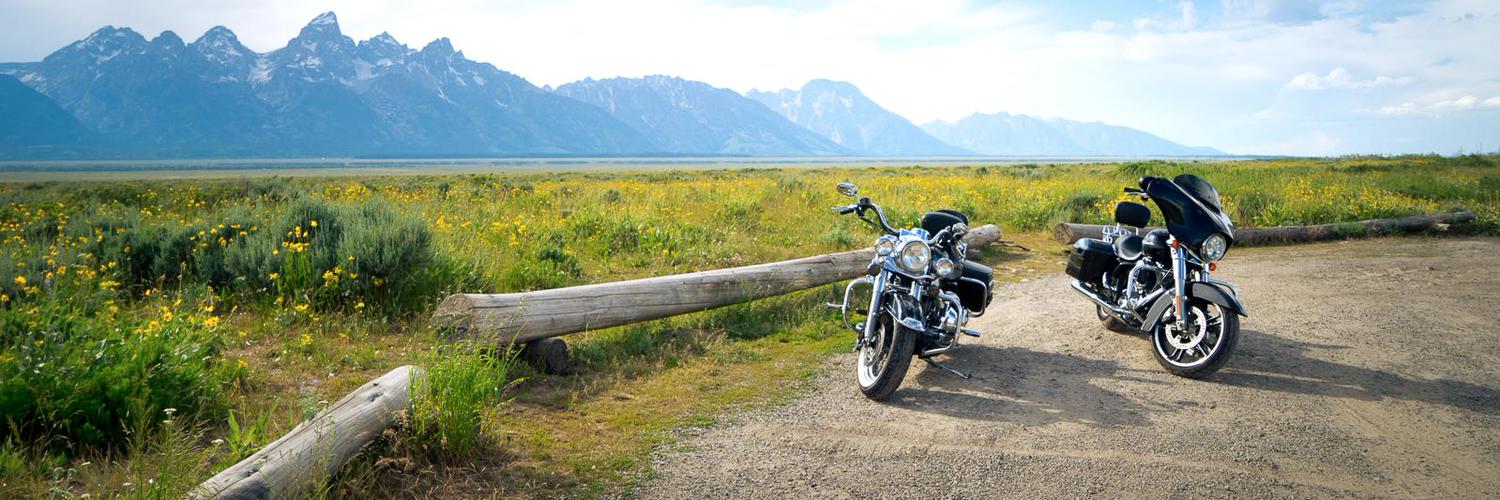I love Christmas! I love everything about it. I love the decorations, the gifts, the food, the fun, the time with family, the laughter, the cooking. I love it all! For me, Christmas is a precious time of the year. Yet it occurs to me that Christmas is not a happy time for everyone. Many are alone, having to do without necessities (let alone luxuries), missing a loved one for the first time, or not in a place within themselves to celebrate anything. For some, Christmas is a struggle.
I know that my enjoyment is temporal. It doesn’t last forever. A time will come when the festivities will come to an end, the decorations will be put away, the food will eventually diminish and we will return home from spending precious time with our families. My happiness will dwindle with the ending of the festivities.
Yet, the joy of Christmas is free for us all and is eternal. It’s the joy of the knowledge that God Himself entered our world to meet with us and to save us. He came to us as a baby – vulnerable, shamed by the gossip surrounding His very existence, His life under threat by those who feared for their position in life. Our God came down to this and was born into the dirt and squalour of a stable. He wasn’t born into a clean, safe environment. His first hours were hours of dirt, mess and fear. He entered our dirty, messy, fearful world to save us from the grip of the enemy. He came because He loves us and wants to draw us back to Himself.
This is the Christmas joy we can all celebrate. This isn’t temporal, it’s eternal. It will last forever. My prayer this Christmas time is that we all find that joy – a joy that deepens as we look to our Saviour and celebrate all that He has done for us. If you’re struggling with Christmas this year, I pray this unfathomable joy will be your strength. For those of us who have much to enjoy, I pray that you won’t lost sight of the deep joy that surpasses our understanding.
Prayer: What can we say to our Saviour who came to this earth to save us? Thank You does not seem enough but it’s all we have. Help us, Lord, to know the joy that is ours for free and is eternal, and help us not to lose sight of this truth as we celebrate your birth. We especially pray for those who are struggling this Christmas time. May You give each one of us the only gift that matters this year: may Your love penetrate our hearts in a deep and precious way. Amen.





